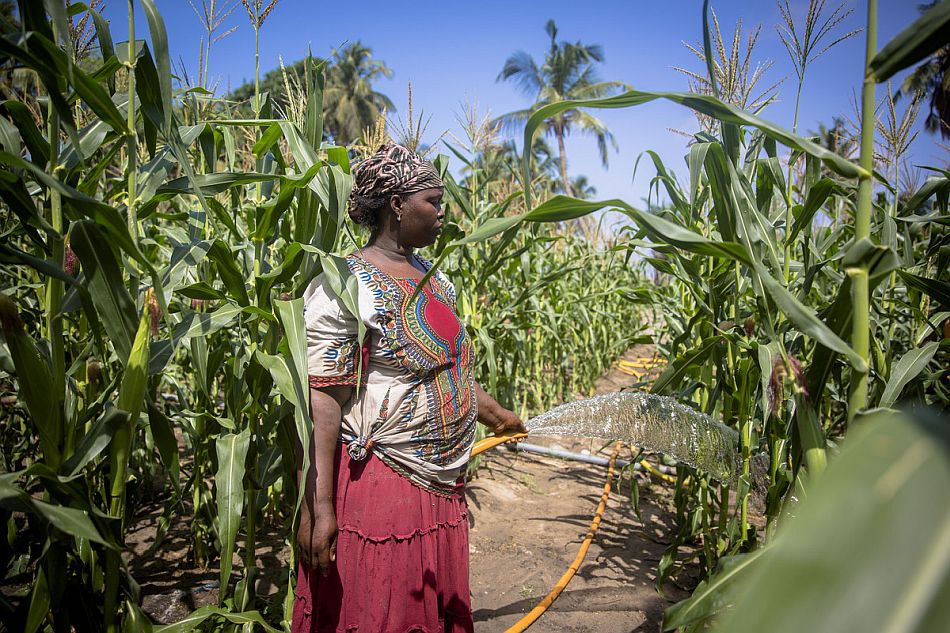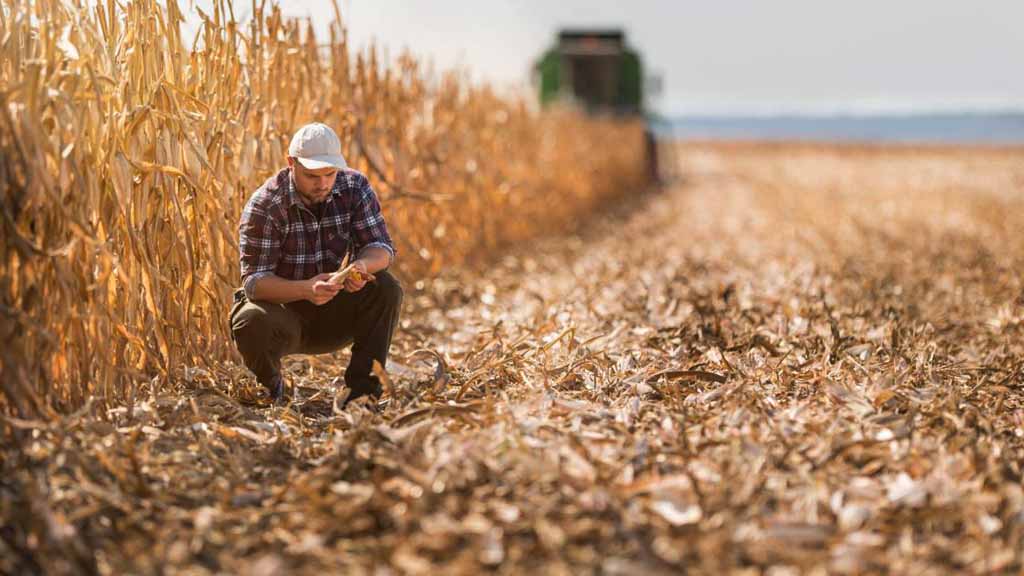Rural areas form the vital foundation of numerous nations, delivering crucial resources, such as sustenance, to urban centers.
Agriculture assumes a central role in upholding livelihoods and bolstering the regional economies within these areas.
Nevertheless, the welfare of rural men, frequently burdened with the duty of agricultural toil, can be shaped by an array of elements associated with farming and rural existence.
In this piece, we shall explore the agricultural determinants impacting the welfare of rural men, bringing attention to the hurdles encountered and prospective remedies.
The Role of Agriculture in Rural Men’s Lives
Farming as a Way of Life
For many rural individuals, agriculture is not merely an occupation; it represents a generational way of life.
Their profound connection to the land and the enduring traditions linked to farming are an integral part of their cultural identity.
However, this deep-rooted connection also means that any challenges within the agricultural sector can significantly impact their overall well-being.
Economic Dependence
Rural households frequently rely on agriculture as their primary income source. Individuals residing in these regions shoulder the responsibility of sustaining their families through farming, with their financial stability intricately linked to the prosperity of their agricultural pursuits.
Agricultural Factors Affecting Rural Men’s Well-Being
Climate Change and Crop Failures
Climate change remains one of the most urgent concerns for rural individuals actively involved in agriculture.
The unpredictable shifts in weather patterns, heightened temperature extremes, and a heightened occurrence of natural calamities have resulted in crop failures, thereby endangering their financial stability and overall psychological and emotional health.
The uncertainty associated with climate change has placed immense stress on rural men.
Economic Volatility
Agricultural markets are often subject to price fluctuations, impacting farmers’ income. Rural men face the constant challenge of navigating these market uncertainties, which can lead to financial stress and strain on their well-being.
Physical Demands of Farming
The rigorous demands of farming can exact a toll on the health of rural men. Extended hours of strenuous labor, potential exposure to pesticides and other substances, coupled with the limited availability of adequate healthcare facilities in rural regions, collectively contribute to health-related concerns. These physical stresses can exert an impact on their holistic welfare and their quality of life.
Mental Health and Social Isolation
Stigma Surrounding Mental Health
Mental health remains a taboo subject in many rural communities. Men, in particular, often feel pressured to suppress their emotional struggles and uphold the image of stoic providers.
This stigma can prevent them from seeking help when struggling with mental health issues, leading to deteriorating well-being.
Social Isolation
Rural areas often lack the social amenities and support networks available in urban areas. Rural men can experience social isolation, harming their mental and emotional health. Being disconnected from the broader society can contribute to loneliness and depression.
Coping Mechanisms and Resilience
Community Support
Amidst these difficulties, rural communities frequently unite to lend each other a helping hand.
Tight-knit communities offer a profound feeling of camaraderie and emotional sustenance, offering vital assistance to rural men in managing the pressures of agricultural life.
Resilience and Adaptation
Rural men demonstrate remarkable resilience in the face of adversity. They adapt to changing circumstances, innovate their farming practices, and seek alternative sources of income when needed.
This adaptability showcases their determination to maintain their well-being and support their families.
The Intersection of Agriculture and Health
Immunotherapy for Prostate Cancer: A Glimpse into Health Challenges
While agriculture undeniably has a substantial influence on the overall welfare of rural men, it’s imperative to acknowledge that health challenges can manifest independently.
Notably, prostate cancer continues to be a prominent issue in men’s health. Cutting-edge medical progress, exemplified by innovations like immunotherapy for prostate cancer, underscores the critical need to attend to health-related issues in rural locales.
Nevertheless, accessibility to advanced medical interventions can often be constrained in remote regions, underscoring the imperative to address this healthcare disparity.
Solutions and Policy Considerations
Promoting Sustainable Agriculture
Supporting sustainable agricultural practices can help mitigate the impact of climate change and market volatility.
Governments and organizations can provide rural men with training, resources, and incentives to adopt more resilient farming methods.
Mental Health Awareness and Support
Efforts should be made to break the stigma surrounding mental health in rural communities. Education and outreach programs can help rural men access the mental health support they need.
Access to Healthcare
Enhancing healthcare infrastructure in rural regions remains pivotal. Ensuring that individuals residing in rural areas have access to medical services, including advanced treatments like immunotherapy for prostate cancer, is crucial for their comprehensive well-being.
Conclusion
The well-being of rural men is intricately linked to agriculture and the unique challenges they face in rural communities.
Climate change, economic volatility, physical demands, mental health stigma, and social isolation all contribute to their complex well-being landscape.
However, rural men also display remarkable resilience and resourcefulness in adversity. Addressing their challenges requires a multifaceted approach, including sustainable agriculture practices, improved mental health support, and enhanced healthcare access.
By recognizing the factors affecting rural men’s well-being, we can create more sustainable and supportive rural communities.
